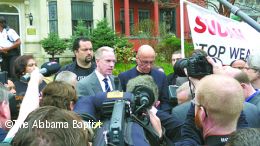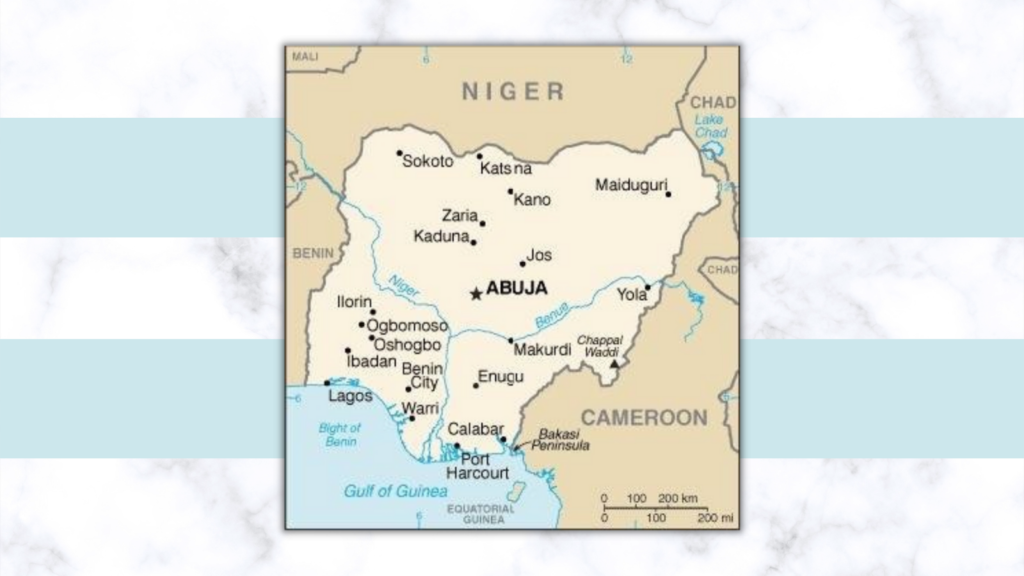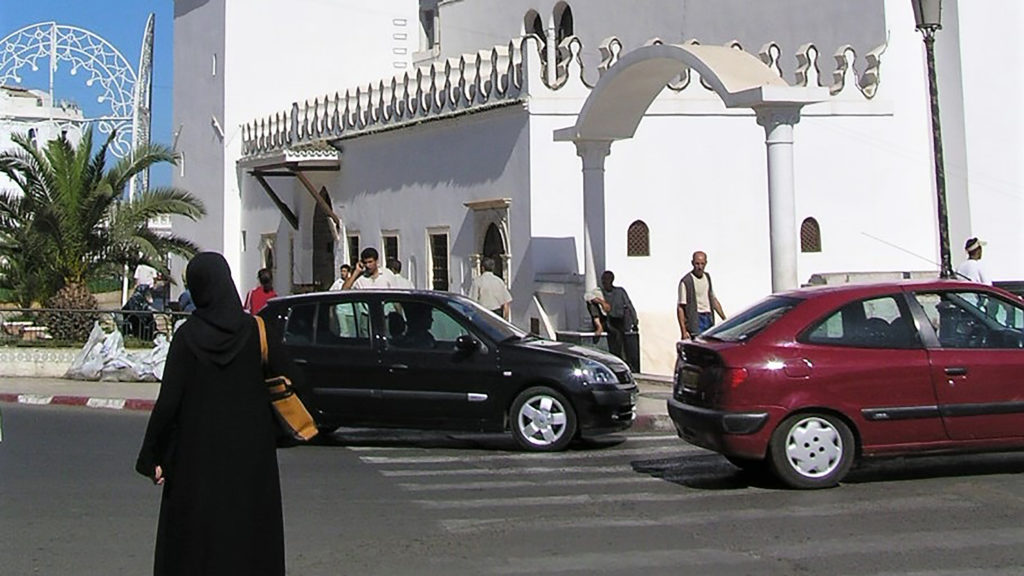A Southern Baptist ethics leader joined actor George Clooney and others March 16 in calling on Sudan’s militant Islamic regime to lift its blockade on humanitarian aid that has put 500,000 people at risk of starvation.
Members of Congress — as well as human rights, civil rights and Jewish leaders — spoke alongside Clooney and Barrett Duke of the Southern Baptist Ethics & Religious Liberty Commission (ERLC) against the Sudan government’s actions in a protest outside the Sudanese Embassy in Washington. A crowd estimated by organizers at 400 to 500 protesters gathered with the speakers.
Military and paramilitary forces supported by the Khartoum regime have targeted the Sudanese in the southern states of South Kordofan and Blue Nile based on their religious belief, political affiliation and ethnicity. The attacks that began last summer have included bombings that prevented villagers from planting crops. The forces also carried out executions of Sudanese on a “blacklist,” according to a report by a federal commission.
The bombings, which have continued, have produced a serious food shortage in the two states — threatening starvation beginning this month on a massive scale, protest organizers said.
During the March 16 protest jammed with reporters, photographers and cameramen, 20 speakers urged Sudanese President Omar al-Bashir to end the blockade of food and medical aid to the people in the southern part of his country, with some accusing him of using food as a weapon of war. Speakers also urged the United States to lead an effort to convince Sudan’s government to relent.
“We can be glad that our planet is becoming a much smaller place for dictators and tyrants,” said Duke, the ERLC’s vice president for public policy and research. “Yet millions still suffer under their heavy boots.
“For the sake of a half-million people in South Kordofan and Blue Nile, I call on the Obama administration and Congress to lead a determined international effort to force the tyrant al-Bashir to relent of his atrocities committed against his own citizens,” he told the crowd.
“He must immediately cease all hostile action against them and allow the international community to deliver the life-saving supplies and care these persecuted and decimated people so desperately need.”
Clooney told protesters they were at the Sudan Embassy to make two requests.
“Immediately we need humanitarian aid to be allowed into the Sudan before it becomes the worst humanitarian crisis in the world — immediately,” Clooney said. “The second thing we are here to ask is a very simple thing — it’s for the government in Khartoum to stop randomly killing its own men, women and children. Stop raping them and stop starving them. That’s all we ask.”
After the brief speeches, Clooney and about 15 of the other speakers blocked access to the embassy in protest and were arrested.
Clooney and John Prendergast, co-founder of the anti-genocide Enough Project, traveled to the southern part of Sudan earlier in March to investigate the conditions.
U.S. congressmen who spoke at the protest were Democrats Jim McGovern and John Olver, both of Massachusetts; Al Green of Texas and Jim Moran of Virginia. In addition to Prendergast, other speakers included Martin Luther King III, National Association for the Advancement of Colored People president Ben Jealous, activist Dick Gregory, Reform Jewish leader David Saperstein, United to End Genocide president Tom Andrews, Sudanese Anglican Bishop Andudu Adam Elnail and Nick Clooney, a journalist and George’s father.
Afterward, Duke told Baptist Press he was “very encouraged by the turnout.” The protesters and diverse speakers all had “the same message — that the government of Sudan needs to end its blockade of humanitarian aid to its own citizens and cease all of its military action against its people,” he said. “I expect that this will have reverberations throughout Washington, D.C., throughout the international community and especially in Sudan itself.”
The U.S. Commission on International Religious Freedom reported in December that the Khartoum-backed military actions in the southern region had resulted in the internal displacement of about 230,000 people in South Kordofan, with many living in mountain caves, and the flight of another 50,000 from the two states to other countries.
The attacks follow a pattern displayed previously in the Darfur region of western Sudan and, before that, in the south.
Darfur has been the scene of ongoing ethnic cleansing for the last eight years. Khartoum military forces and Arab militias supported by the government have committed widespread atrocities against African Muslims in Darfur. The genocide has resulted in the killing of an estimated 300,000 people, as well as rampant torture, rape and kidnapping. Nearly 4 million people have fled their homes because of the attacks.
Independent country
The Republic of South Sudan officially became an independent country in July, the result of an election that came after the 2005 peace agreement ending a north-south civil war based primarily on religion and ethnicity. During the civil war, it is estimated more than 2 million people in the south and central parts of Sudan died at the hands of the Khartoum-supported militia and some 4 million were displaced.
Many residents of South Kordofan and Blue Nile supported the rebel forces in their battle against Khartoum, but those states were not included in the new country.
The U.S. State Department has designated Sudan as one of only eight “countries of particular concern,” a category reserved for the world’s worst violators of religious liberty.
United to End Genocide sponsored the protest at the Sudanese Embassy.
(BP)






Share with others: